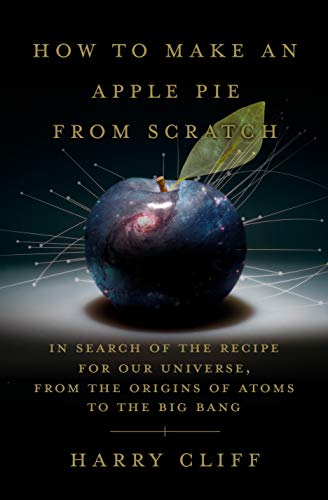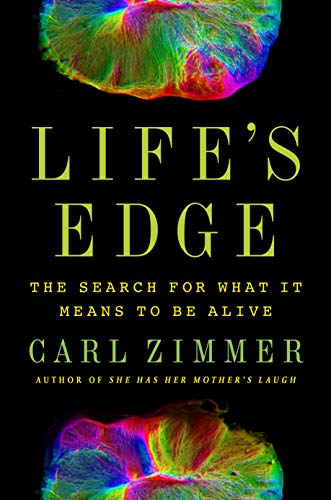The Red Planet: A Natural History of Mars by Simon Morden
Simon Morden’s The Red Planet: A Natural History of Mars (2021) is a detailed look at the history of Mars’ geology, and there lies both its appeal and, for some, perhaps, its lack of appeal. As fascinating as much of the book is, I confess it sometimes got a little too deep into the weeds (or the rock formations) for my own preferences, though having “too much information” is hardly a major indictment for a non-fiction work.
Read More















Convergence Problems by Wole Talabi A brilliant and varied collection of mostly-SF stories, many of which focus on the interactions…
Childhood's End- Arthur C. Clarke
The only genre book I read last month was The Ghost Book, a 1926 anthology compiled by Lady Cynthia Asquith,…
Best fiction I read in April was Ian C. Esslemont's new Malazan book, Forge of the High Mage. Best non-fiction…
I read the first four books in the "Children Of the Lamp" series by P.B. Kerr. The name of the…